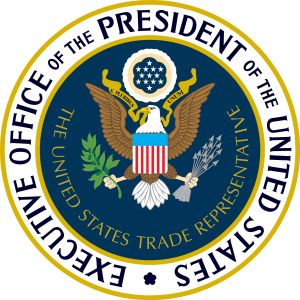 Earlier this week, the U.S. Trade Representative issued a request for public comments regarding the 2014 National Trade Estimate Report on Foreign Trade Barriers (NTE Report). Comments may be submitted by “any interested person,” and they are due on October 22, 2013.
Earlier this week, the U.S. Trade Representative issued a request for public comments regarding the 2014 National Trade Estimate Report on Foreign Trade Barriers (NTE Report). Comments may be submitted by “any interested person,” and they are due on October 22, 2013.
The NTE report is defined in the request for comments as an annual report that “sets out an inventory of the most important foreign barriers affecting U.S. exports of goods and services, U.S. foreign direct investment, and protection of intellectual property rights. The inventory facilitates U.S. negotiations aimed at reducing or eliminating these barriers.”
Brief Look at Last Year’s Inclusion of Matters Related to IPR and Health
Last year’s NTE Report includes concerns over IPR policies and actions abroad that are often TRIPS compliant and promote access to medicines. Many are examples of domestic policies that fall outside of what people may consider barriers to trade. For instance:
- The report notes “recent decisions by Canadian courts regarding pharmaceutical patents have raised concern in the U.S. pharmaceutical industry.” It points to a decision in November 2012 where a pharmaceutical patent was found to be invalid. [p. 58]
- It states that “Ecuador has issued two compulsory licenses for patented drugs used in the treatment of HIV/AIDS.” [p. 125]
- It points to India’s “March 2012 decision of the Controller General of Patents, Designs and Trademarks to effectively require an innovator to manufacture in India in order to avoid being forced to license an invention to third parties.” [p. 182] This is presumably the Nexaver compulsory license, granted on three grounds, including the fact that it was “not available to the public at a reasonably affordable price.”
Note on Submitting Comments for the Record
The Annual NTE Report is written by an inter-agency Trade Policy Staff Committee led by USTR, which draws on the comments it receives in response to this request. (The report is required by 19 USC 2241.) Anyone can submit comments, and USTR “strongly encourages commenters to make online submissions, using the http://regulations.gov website.” Full instructions are available in the Federal Register Notice requesting comments.




